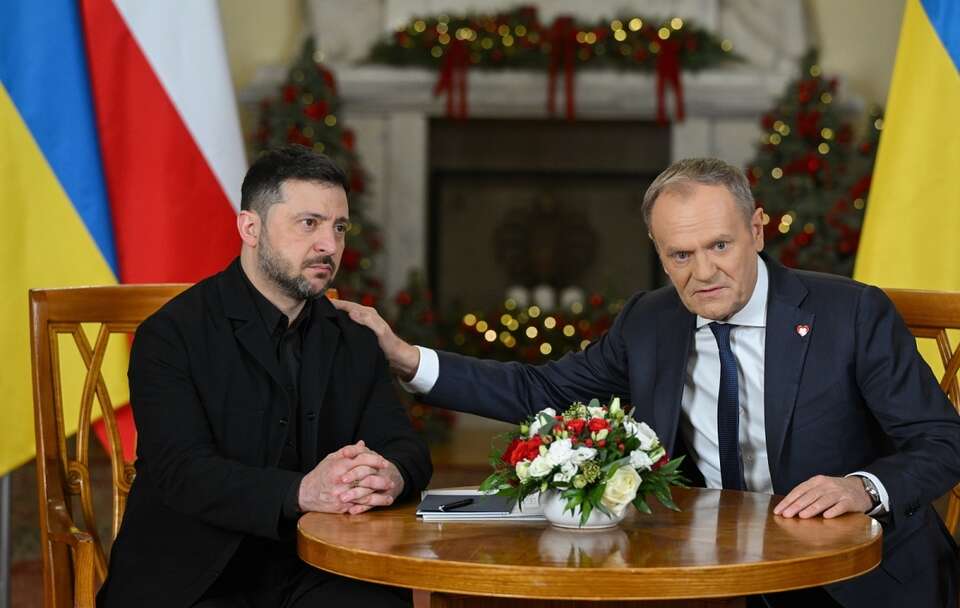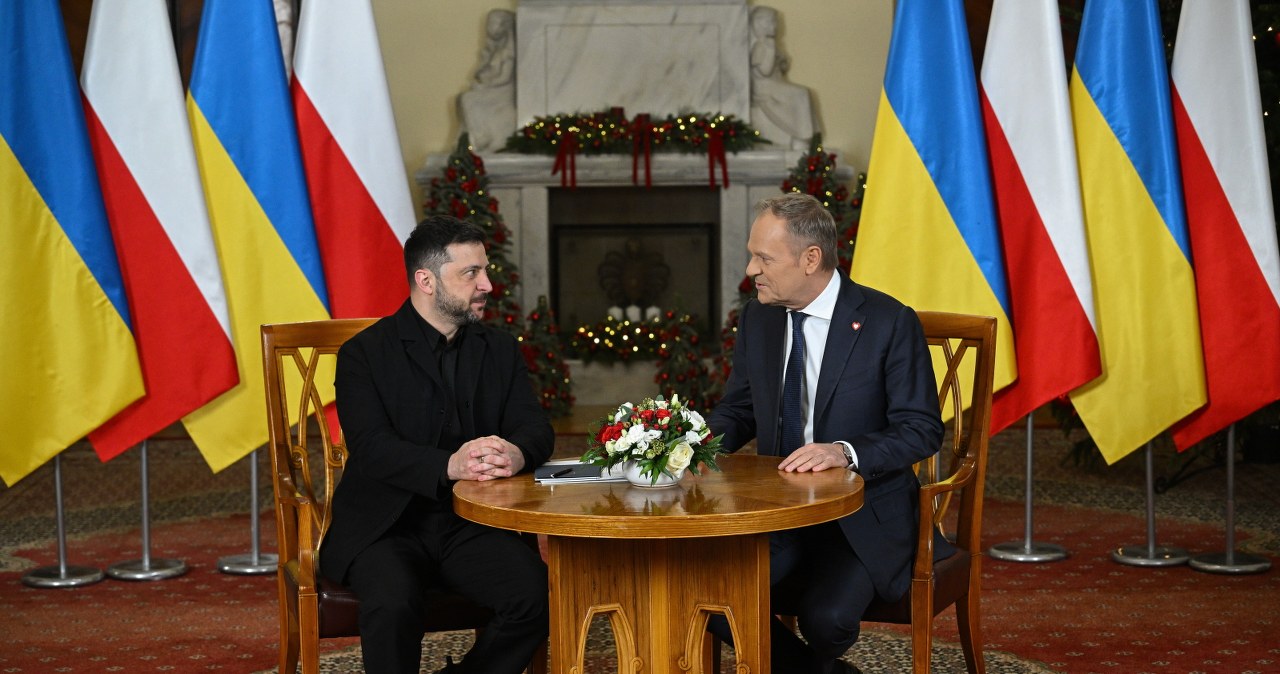He was born to save us. All of them. He sings to him and he's nice! Glory, Glory!
Kashubian carol “The Birth of sä nóm Zawacél”
It is 1 of the Kashubian carols that resounds in the time of the Gods or Christmas in this Pomeranian country, in Kashubians. It is sung by large and small, proteins and knuckles, as in all the country in Christmas is custom. Although not frequently in the household group at Christmas-Christmas table, in the church in Kaszubach 1 can hear this singing.
Before Kaszubi sits down for the solemn supper, however, all Advent Christians experience a time of preparation and waiting, a time of focus. Therefore, no engagements were held at the time and no marriages were besides concluded. But not just people. Their function – fields and meadows – besides rested after the effort of increasing year-round. The farmers in Kashubians at the time felt so, and so they refrained from working in the field. During Advent, the day of December 4 was the feast of St. Barbara, which was celebrated throughout Kaszubach. In the past, the cult of this saint, which traditionally associated with mining, was widespread besides here. Next to Santa Claus, she was patronizing fishermen. A proverb worked in the Kashubian tradition. "Barbara planet about rëbôki rememberô". On this Christmas day, fishermen asked the saint for care, for good fishing, for safe work at sea. On the midland, however, the hosts cut off the cherry or cherry shoot that they put in the water vessel, and if it bloomed in the area of Christmas, it bodes both good harvest and wellness for the full family. Of course, 2 days later – 6 December – all children awaited the visit of St. Nicholas. At his arrival, they would knock their shoes to find presents. The remaining days of December are preparations for Christmas.
On Christmas Eve, the final preparations for this most crucial supper were made throughout the year. The Christmas Eve had a customs characteristic of this region. In the early 20th century, hay on the Christmas table and wafers were not known here. But already in the 1920s, these elements of the Christmas celebration besides hit this region of Polish lands. 2 facts undoubtedly influenced this situation. The inclusion of Pomerania after 1920 into the borders of the Republic of Poland and the resulting population influx from another regions of the country. And they brought their customs with them, transplanting them into Pomerania. But the grain component was present in all Kashubian wish. In the corner of the chamber, a grain straw snob was placed, which would thus supply a good harvest the following year. In the Kashubian Chamber, even in the interwar years, the Christmas tree seldom appeared. And if anything, in the north of the region. In the confederate part of Kashub, it was completely unknown.
Speaking of Christmas dinner, it's time to pay attention to food that was eaten. Kashubian proteins prepared 9 dishes. On the table were noodles with dried mushrooms, apples, or plums. Another addition was krepama, or grits, filled with dissolved milk.
Many fortunes and legends were associated with the time of the Gods. any of them have already been mentioned here. For example, Kashubians believed that on Christmas Eve fruit trees let go branches and apple trees grow buds, bloom and produce fruit. In turn, under the snow cover, magic flowers would bloom. The accidental uncovering of 1 of these “miracles” was expected to be a good year. However, if individual was waiting for this phenomenon, he could anticipate calamity and even death. It was besides an alien's belief that animals were speaking in a human voice that night. But here again, you should have been careful. due to the fact that listening to them was dangerous. In 1 of the numbers ‘Griffa’ (the diary issued by Dr. Alexander Majkowski) reads this story:
“A grump [a rich Kashubian host, A. K.] hid in the attic in the evening, over a pair of his oxen, to hear from sinful curiosity what the animals will talk about. He was punished for that. erstwhile midnight approached, 1 ox to another said, "Eat, brace, for in 3 days will be the drink of the master carried to the smatôrz “Since the panic of the grump fell from the attic and broke his neck, and the oxen carried him to the cemetery in 3 days.”
This privilege of reaching for an apple, uncovering a flower under snow, or proceeding an animal's speech could only be attended by the chosen. Only those born at midnight in Easter could receive it and were baptized on the same day.
On this peculiar evening, there were many ways of divining the future. For example, the girls would pull straws out of a snap to find out if they would marry next year. Many of these fortunes referred to next year's harvest. After supper, the host went to the orchard and knocked trees 3 times, declaring that the Savior was born. During this time, the parobists removed from the chamber of the snobs, twisting the cords that the trees bound.
The first day of Christmas meant remainder after a long erstwhile day, which actually began erstwhile the first star in the sky was seen. On the second Christmas day we are dealing with a customized combining sacrum and profanum. That day they brought to the church to sacrifice the grain of oats. any of the dedicated grain was given to cattle. The second part was mixed with seed for sowing. It's another customized to guarantee the welfare of the farm. This day was besides intended for household and neighbour visits.
The full Christmas period and the days after them is the caroling time. In Kaszubach, wandering groups of disguises are called Gwizhjama or Gwioshkama or Panëszkama. This colorful cord was preceded by Gwiôzdór, who were followed by cross-dressers. Animals were represented in the bark: goat, goat, stork, horse, ram, bear or wolf. They were followed by an gendarme, a grandpa with a woman, a chimney sweeper, a devil, a gypsy and a Jew, death and musicians. The arrival of the cord was preceded by a visit by the whistlewhip who asked the host whether he wished for this visit. If so, on Christmas Eve, the full group gathered before the hue. The first star and star enters the threshold of the house, bowing profoundly to the host.
They were just followed by a full barrage. This visit could not have been done without a collection of donations, which were put into a “grandfather bag”. The host had to give the cook (cook) and, of course, the detci or money. The game usually ended with giving the household a tabaque from a actual Kashubian tabaque, or made from a cow's horn. After specified a visit, the chamber needed cleaning, due to the fact that this cheerful cordon was a mess. However, no 1 had any objections to this due to the fact that it was fun and so that the year would be successful. And this order in his desire had to bring back the host personally.
In the Christmas tradition of Kashubian there was besides a customized of circumventing houses with a nativity scene. This customized was celebrated in the octave of Christmas, which ends the Feast of the 3 Kings. At the time, the older boys celebrated houses with a Bethlehem unchangeable that the star crowned.
Another customized is associated with the octave of Christmas. Well, at the time, you couldn't wash, turn and weaving. Breaking that customized threatened with bad consequences. Laundry clothes will tear. In turn, woven material may not be very durable to use.
Christmas time lasted until the 3 Kings. These days were besides marked by the turn of the old and fresh year. These days, too, in the tradition of the people of Kashub abounded in customs and divination. 1 was throwing shoes. The participants of this divination stood back to the door and threw a slipper over their head. From their arrangement towards the door to the hut, it was said that they would marry, leave the house, and even die. In turn, drawing 3 crosses on the gates of a barn or a barn or unchangeable was expected to defend the possessions (animals) from inflicting charms. The night of fresh Year's Eve was not a time of large fun. But on this break-through night many mischiefs and pranks were allowed to be made – fifes, as Kaszubi says. At times, they may have taken on an even annoying dimension. On that peculiar night, for example, animals were moved out of the barn, gates were removed, chimneys were clogged, or carts were taken out to the mediate of frozen lakes. The old year was besides cast out that night. And this was done in the manner described by 1 of the Kashubian researchers:
The procession that pulls through the village makes a noise, slams with whips, beats in the pans, rings, cleavage rings, trumpets on the corners. After all these pranks and pranks on fresh Year's, you couldn't sleep besides long. The day had to start very early to avoid laziness and boredom for 12 months to come. On that day, we besides had to attend the Mass, after which we visited each another making fresh Year's wishes.
The feast of the 3 Kings on 6 January ended with the celebration. However, it was preceded in the evening, which was called “honest”. On that evening, shepherds and shepherds who worked with them came to their hosts and made their wishes according to tradition. The hosts returned gifts in the form of food. For this reason, the housewives made peculiar croissants during the day called the Rats. The visit started with words spoken by 1 of the carolers (Here in translation from Kashubian to Polish):
Good evening, generous evening! We're told the croissants are baking here, and if they're not the croissants, Your soul will have a generous day! And if not a part of bread, a spoon of butter, And if you don't have a spoon of butter, it's a part of fat. Your soul will be well in heaven!
Each of the carolers – according to the customized of 1 croissant in each house. Richer hosts could even receive sausage, meat, and even money. Indeed, it was a generous evening.
After that day, life in the countryside returned to its average routines of everyday life. And so it went to the Graves, or last days of carnival. At the time, there were no peculiarly large games. It was only during the times of the Zôpústs that the situation changed. They spent that time playing in taverns, and occasionally in homes.
Andrzej Kotecki
Think Poland, No. 1-2 (1-8.01.2023)
















